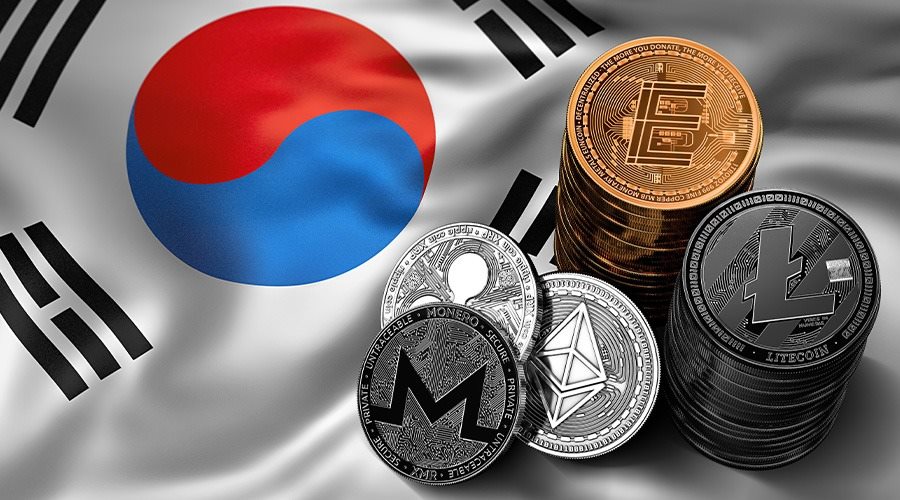In the lead-up to the highly anticipated South Korean elections on April 10th, the role of crypto currency policies has emerged as an important point, potentially having significant influence over the outcome. As political parties vie for the support of an increasing demographic of crypto-savvy voters, pledges and proposals related to digital assets have taken center stage on campaign agendas.
The Importance of Cryptocurrency Policies in the Last South Korean Elections
With the 2022 presidential election serving as a pivotal example, where President Yoon Suk-Yeol’s promises to lower taxes on crypto gains and support initial coin offerings (ICOs) garnered attention, the impact of cryptocurrency policies on electoral dynamics has become increasingly evident. Notably, the close margin of victory—less than 1%—underscored the potential sway of even a modest portion of voters influenced by crypto-related pledges.
Also, approximately two months after the last elections, the Terra stablecoin crash destroyed about $60 billion worldwide, reportedly affecting about 280,000 South Koreans, increasing the importance of crypto-related policies in the country.
Pledges for Crypto Users in the Upcoming Election
The significance of cryptocurrency policies in the electoral landscape is underscored by the magnitude of South Korea’s crypto user base, with reports indicating over 6.27 million users as of September 2023. Keeping in mind that both major parties, the Democratic Party (DPK) and the People Power Party (PPP), have strategically positioned themselves to court the growing cohort of cryptocurrency investors.
While both parties pledge similar things, the minor variations in their pledges come from their differing political stances over impending cryptocurrency tax laws. Both the PPP and the opposition Democratic Party (DPK) have stated that they are searching for ways to permit investors to buy spot bitcoin (BTC) exchange-traded funds (ETFs). PPP also pledges to form a “digital asset promotion committee” to oversee legislation and enforcement. These divergent approaches highlight the critical role of cryptocurrency policies in the upcoming elections.
The Future of Crypto Policies
Beyond the borders of South Korea, the implications of crypto-related electoral outcomes resonate globally, shaping the trajectory of cryptocurrency policy on an international scale as crypto enthusiasts show tangible influence on policymaking decisions. While not undermining the importance of South Korea’s elections for crypto currencies, the U.S. presidential elections will be the most important one that shape the trajectory of crypto policies.
You can also freely share your thoughts and comments about the topic in the comment section. Additionally, don’t forget to follow us on our Telegram, YouTube, and Twitter channels for the latest news and updates.


